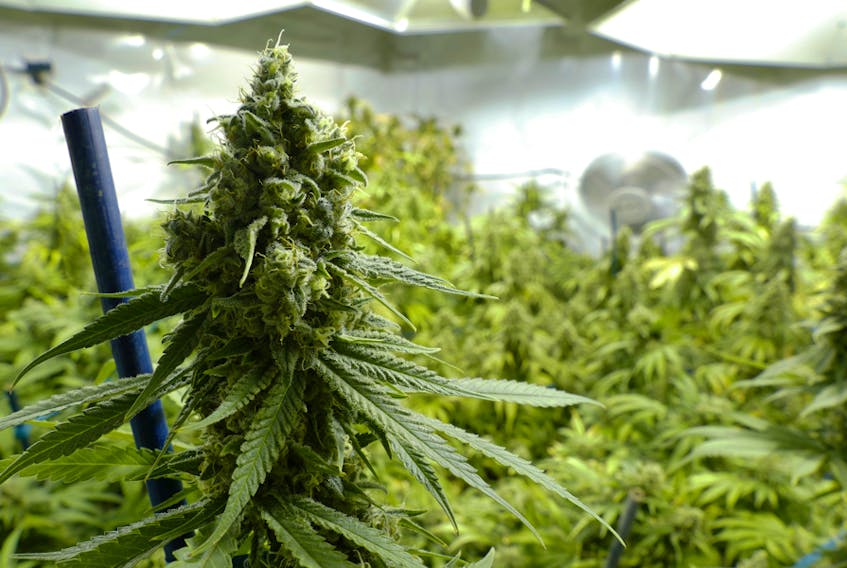The Queen Elizabeth Hospital in Charlottetown does not keep track of cannabis-related admissions from the emergency department.
Meanwhile, in Summerside, the Prince County Hospital handles around 25 per cent of the Island’s emergency department patients. Since January 2017, the PCH has admitted 225 patients for cannabis-related illnesses.
Cannabis use is expected to increase on P.E.I. according to the 2018 P.E.I. cannabis use survey. Edibles, extracts and topicals are on the way with October 2019 opening the path to store shelves.
But it’s not clear if the health-care system is completely ready for the ramifications of Canadians’ enthusiasm for cannabis.
Vasantha Rupasinghe, a food biochemist from Dalhousie University, questions whether Canada is ready for cannabis edibles.
Once legalized, CBD and THC will be considered food bioactives according to Health Canada. Bioactives give foods a little something extra –think probiotics or omega-3s – but too much of any good thing is still too much, said Rupusinghe.
Especially for THC, the psychoactive portion of cannabis.
Rupasinghe is not alone in his worry that unsuspecting users will eat too much cannabis at once – either by mistake or out of inexperience.
“The first concern is whether we have enough scientific data to say that what is a safe amount to incorporate into a food format,” he said.
The effects on vapourization and inhalation are well studied, down to the specific pharmacokinetics and pharmacodynamics, but the biochemist hasn’t seen the same information on edible products.
“What we do not know … is the effect when those compounds are given orally with food. We do not know what is the safe amount,” said Rupasinghe.
Queen Elizabeth Hospital

When The Guardian asked Health P.E.I. for numbers on emergency department admissions due to cannabis, a spokesperson said the QEH does not tally that information and has no plans to change its methods.
However, in the first six months of 2019, cannabis was the drug of choice for 142 people in addictions programs on P.E.I. There were 179 cannabis users admitted in all of 2018 and 219 in 2017.
A note from the health department said cannabis use is under-reported, so the numbers of people with cannabis-related health issues may actually be higher.
The Prince County Hospital recorded several cannabis-related reasons patients arrived at the emergency department. They include cannabis abuse, cannabis dependence, cannabis induced psychosis, cannabis intoxication, cannabis poisoning and cannabis use disorder.
Some other emergency department visits may have been related to cannabis use as well, but the codes entered electronically didn’t capture it. Those visits were not counted in the 225 reported cases.
Rupasinghe hopes the hospitals are prepared to handle patients with THC toxicity with the same efficiency as they do alcohol poisoning.
“If a person comes to hospital with a coma … do we know how to test the blood plasma level of THC metabolites? Are we ready? Are our hospitals ready with the tools to measure them?”
RELATED









